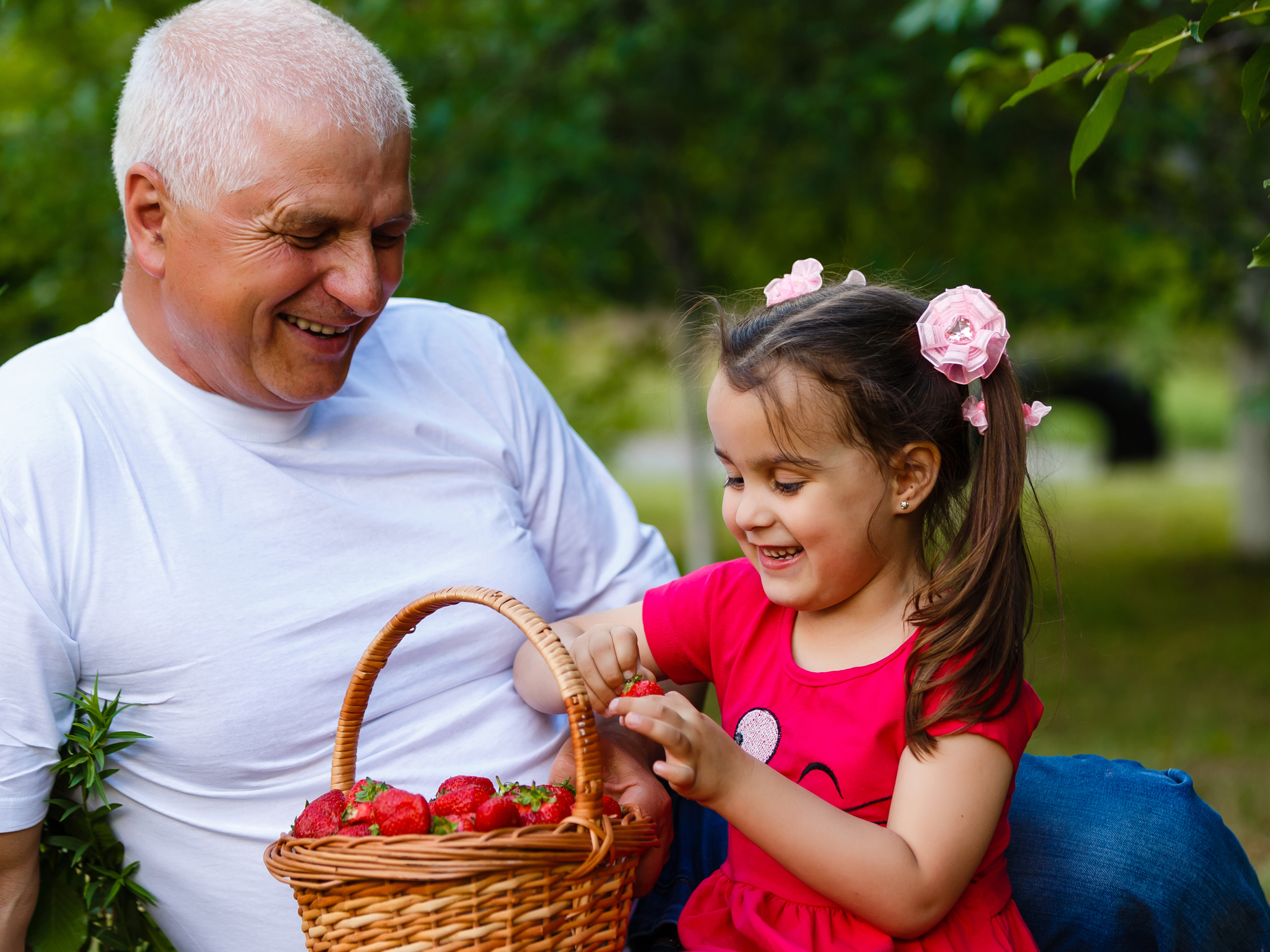Get Easy Health Digest™ in your inbox and don’t miss a thing when you subscribe today. Plus, get the free bonus report, Mother Nature’s Tips, Tricks and Remedies for Cholesterol, Blood Pressure & Blood Sugar as my way of saying welcome to the community!
How to enjoy the ‘dirtiest’ healthy fruit this summer cancer-risk free

No fruit says ‘summer’ like strawberries. From shortcake to cobbler, smoothies to cheesecake, or eaten warm right off the bush, their sweet taste is like a burst of sunshine.
There’s a big cloud in that sunny day, though. The unfortunate fact is that strawberries are the world’s dirtiest fruit, and we’re not talking about dirt from the ground.
For three years in a row, strawberries have topped the Environmental Working Group’s ‘Dirty Dozen’ list of fruits and vegetables with the most pesticides. Residue of 81 different pesticides were found on the strawberry samples they tested.
Still, there’s no denying that strawberries do great things for your body. These antioxidant-rich berries are an excellent source of vitamins C and K, and provide significant amounts of folic acid, manganese and potassium.
So how do you get around the poison part?
Did you say ‘buy organic’?
Sadly, that’s not the answer, either.
When organic isn’t really organic
The label ‘organic’ on strawberries doesn’t guarantee they’re 100% pesticide-free. It has to do with the way strawberries are cultivated.
Strawberry plants begin as baby seedlings called “starts.” Since these starts are very susceptible to infestation, they’re grown in soil that’s been pumped with toxic soil fumigants.
So even if they’re later moved to an organic farm and are cultivated there, these plants cannot be certified organic. Only starts grown on farms that do not fumigate their soil can truthfully carry that label.
Yet berries that began their life in tainted soil are marketed as organic, and you buy them with that belief.
How can this happen, you may ask? Well, as with many laws, those that regulate organic farming have loopholes.
The federal code allows organic farmers to purchase, cultivate, and harvest strawberry starts that have been grown in pesticide-ridden soil, if no organic “equivalent varieties” are commercially available.
The phrase “equivalent varieties” allows large distributors to refuse to purchase from organic farmers, since these farmers don’t grow the proprietary plants that the company owns.
Another loophole that poisons your berries
Methyl bromide is the soil fumigant most frequently used when growing strawberries. It is connected with kidney, respiratory and neurological damage, and has been found to cause cancer and birth defects.
In fact, it was banned from commercial use in 2010 by the Montreal Protocol, an international agreement designed to reduce the use of substances that deplete the ozone layer.
But strawberry field fumigation and several other commercial agriculture uses are exempt from the ban.
How to get clean strawberries
If you love strawberries, don’t despair. There are ways around these problems.
- Wash your berries. While this is not a 100% guarantee of no chemicals, rinsing your berries in a bowl of water with a little bit of white vinegar is the best way to rid them of pesticides. Toss in a slice or two of lemon to counteract the vinegar taste.
- Meet your local farmers. If your town or city has a farmer’s market, get to know the growers in the area. Talk with them about their growing practices. You’ll soon know where to purchase the ‘cleanest’ berries.
- Grow your own! Growing your own strawberries doesn’t have to be complicated. You can grow them in hanging baskets or in any container large enough to space your plants about 8-10 inches apart, spread the roots out and cover them with soil (vegetable-growing compost works well).
Once your plants flower and the flowers begin to swell in the middle (your strawberry!), it’s time to feed them.
Many state university systems as well as most state departments of agriculture have local Cooperative Extension Offices that help private growers with pest control, how-to information and general assistance. Check out your state’s resources here.
Editor’s note: Discover how to live a cancer prevention lifestyle — using foods, vitamins, minerals and herbs — as well as little-known therapies allowed in other countries but denied to you by American mainstream medicine. Click here to discover Surviving Cancer! A Comprehensive Guide to Understanding the Causes, Treatments and Big Business Behind Medicine’s Most Frightening Diagnosis!
Sources:
- Even organic strawberries are grown with dangerous pesticides — The Center for Investigative Reporting
- A Beginners Guide to… Growing Strawberries — marshalls-seeds.co.uk
- A Dirty Little Secret: Your “Organic” Strawberries Aren’t Really Organic — realfarmacy.com
- How Broccoli Will Save Strawberries: Organic Farming Practices Leave Pesticides Aside — The FruitGuys












